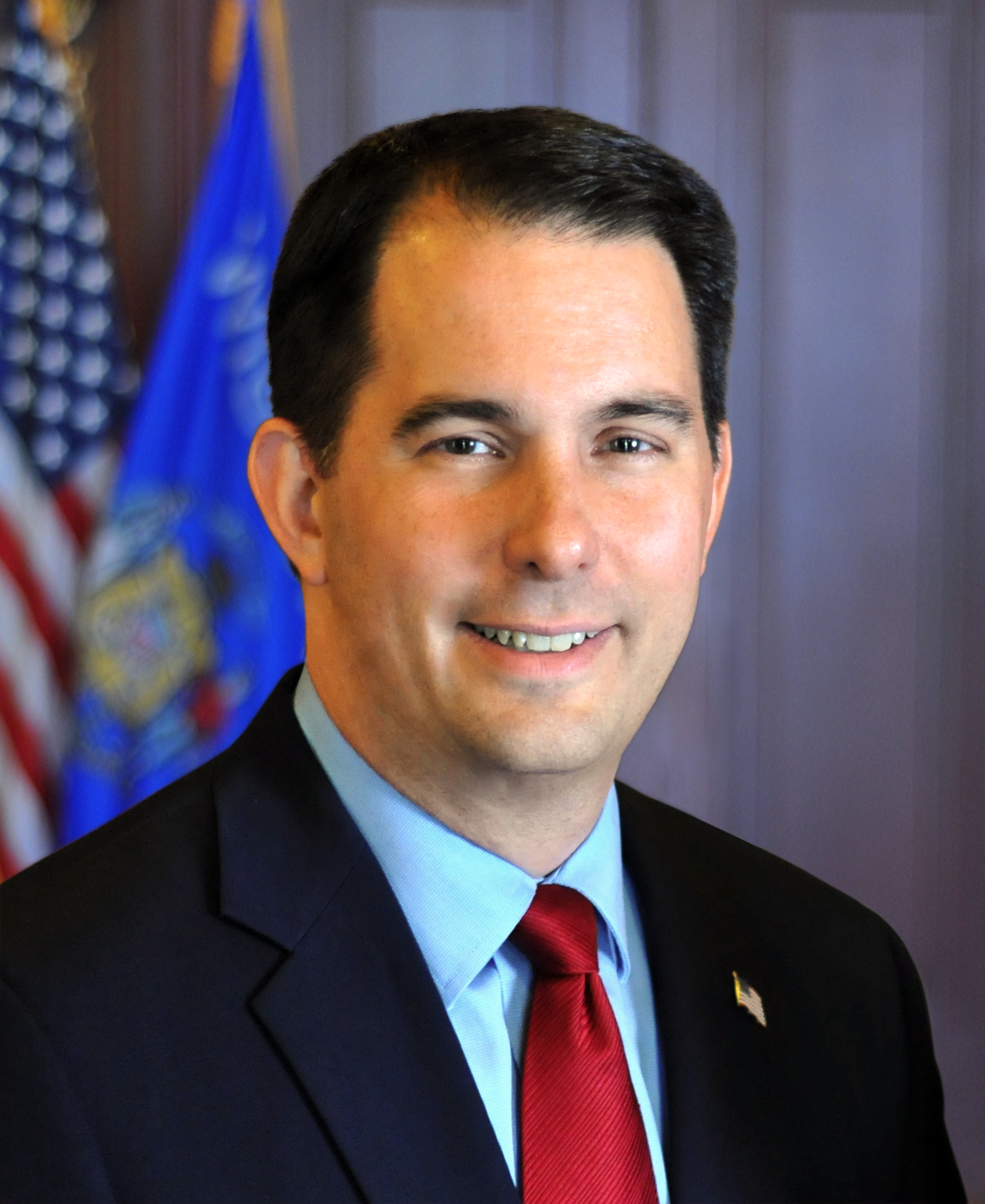Improving Mental Health Programs: Governor Scott Walker Highlights Initiatives in State of the State Address
“The mental health of the people of Wisconsin is just as important as their physical health.”
Madison – Governor Scott Walker delivered his State of the State Address this evening and highlighted the importance of mental health in Wisconsin, particularly in retaining top talent in our workforce.
“The mental health of the people of Wisconsin is just as important as their physical health,” Governor Walker said. “We need to break the stigma associated with mental health issues and assist people in getting the help they need. We’ve put more resources into mental health services than any Wisconsin governor has in the past 25 years, and we remain committed to finding ways to improve access so the people of Wisconsin who need assistance can get it.”
In the 2015-17 Biennial Budget, Governor Walker included the following investments in mental health programs, which are a result of conversations with mental health professionals, advocates, and consumers from across the state:
- Combined various programs in the juvenile community supervision program into a single community supervision program and provide services based on a juvenile’s individual risk and needs;
- Streamlined mental health funding in Wisconsin by consolidating the funds into community aids to ensure flexibility;
- Improve response to mental health crises by aligning the emergency detention process in Milwaukee County with other counties in the state and require counties to provide community-based crisis assessment by a mental health professional prior to an emergency detention;
- Expanded existing drug addiction programming in the Department of Corrections (DOC) by providing a voluntary pilot program for eligible offenders with an opioid addiction-related conviction; and
- Improved mental health planning by consolidating expertise in the field through attachment of the Office of Children’s Mental Health to the Department of Health Services (DHS).
In addition, in the 2013-15 Biennial Budget, Governor Walker invested nearly $30 million in mental health programs, including the following programs and initiatives:
- Comprehensive Community Services (CCS) – Expanded targeted community-based care for adults and children with severe mental illness. CCS delivers enhanced, individualized services helping reduce hospitalizations, improve primary health outcomes, improve relationships, increase meaningful employment, and improve overall life satisfaction;
- Office of Children’s Mental Health – Created an Office of Children’s Mental Health to focus on ensuring program policies and services are fulfilling the needs of children throughout Wisconsin by assisting state agencies in developing and delivering services for children;
- Expand Coordinated Services Team (CST) Program – Expanded CST program state-wide and funds CST coordinators on a regional basis to integrate and coordinate community-based care for juveniles in multiple systems of care;
- Peer-Run Respite Centers – Developed Peer-Run Respite Centers to improve outcomes for individuals in crisis or individuals who are struggling to cope with mental illness through services such as peer supports, 24/7 hotlines, wellness activities, respite, and hospital diversion;
- In-Home Counseling for Children – Provided funding to broadly cover in-home counseling services under the Medicaid program. Expanding coverage will allow earlier interventions, especially for children and families with less acute conditions, and will make it easier for families to access necessary services, resulting in a reduction of out-of-home placements and improved outcomes for children; and
- Additional Forensic Units at Mendota Health Institute – Provided funding and positions to increase the capacity of the state forensic treatment units to meet the growing demand for inpatient evaluation and treatment services.
NOTE: This press release was submitted to Urban Milwaukee and was not written by an Urban Milwaukee writer. While it is believed to be reliable, Urban Milwaukee does not guarantee its accuracy or completeness.
Mentioned in This Press Release
Recent Press Releases by Gov. Scott Walker
Governor Walker Orders Flags to Half-Staff Honoring Master Sergeant Jonathan Dunbar
Apr 13th, 2019 by Gov. Scott WalkerGovernor Scott Walker ordered flags to half-staff on Saturday, April 14, 2018.
Governor Walker Orders Flags to Half-Staff as a Mark of Respect for Captain Christopher Truman of the Lake Mills Fire Department
Jan 3rd, 2019 by Gov. Scott WalkerCaptain Truman died on December 31, 2018, while selflessly assisting a driver of a crashed vehicle on Highway 12 near the Yahara River Bridge in Monona, Wisconsin.
Governor Walker Appoints St. Croix County Judge and Ashland County District Attorney
Jan 2nd, 2019 by Gov. Scott WalkerGovernor Scott Walker today appointed Attorney Scott J. Nordstrand to serve as a judge on the St. Croix County Circuit Court and Attorney David Meany to the position of Ashland County District Attorney.






















